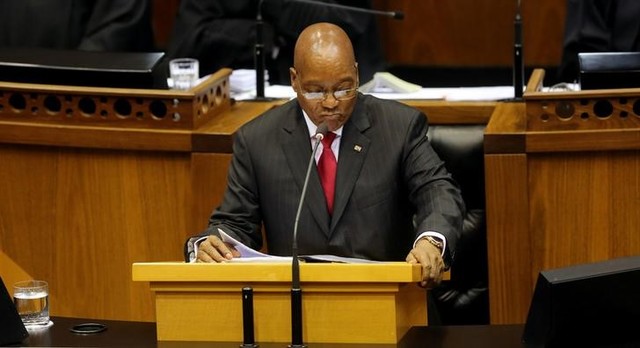South Africa formally revokes international court withdrawal


By Reuters
South Africa on Tuesday formally revoked its withdrawal from the International Criminal Court after its High Court blocked the government’s bid to pull out of the Hague-based war crimes tribunal.
South Africa notified U.N. Secretary-General Antonio Guterres that because of the High Court decision, “the Instrument of Withdrawal was found to be unconstitutional and invalid,” according to a document posted on the U.N. treaties website.
In order to adhere to last month’s court judgment – which ruled South Africa’s parliament needed to approve the country’s withdrawal from the ICC – the planned pull-out would be revoked “with immediate effect,” according to the March 7 U.N. document.
Pretoria had initially notified the United Nations of its intent to withdraw in October, starting a year-long divorce period that would have made South Africa the first country to quit the court in October this year.
South African Justice Minister Michael Masutha said last month that the court ruling amounted to a delay that would not stop the government’s bid to leave the ICC, which some African governments feel unfairly targets Africans and which Pretoria said was at odds with its diplomatic immunity laws.
Pretoria announced its intention to leave in 2015 after the ICC criticised it for disregarding an order to arrest Sudanese President Omar Hassan al-Bashir, accused of genocide and war crimes. Bashir has denied the accusations.
The ICC, which was launched in July 2002 and has 124 member states, is the first legal body with permanent international jurisdiction to prosecute genocide, crimes against humanity and war crimes.
Three African states – South Africa, Gambia and Burundi – last year signaled their intention to quit the ICC. Gambia’s President Adama Barrow, elected in December, said earlier this month that the tiny West African nation would remain in the ICC.